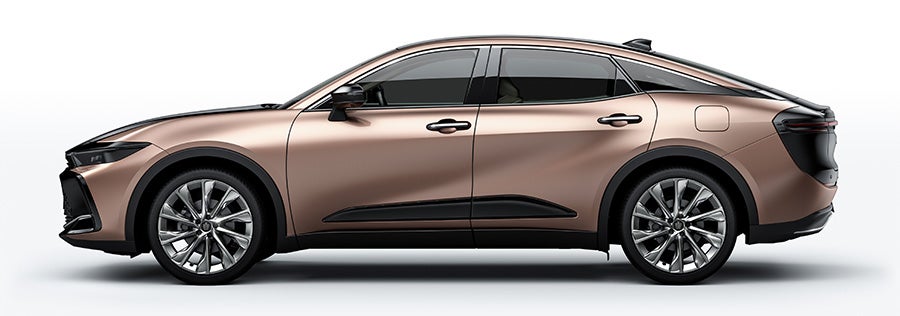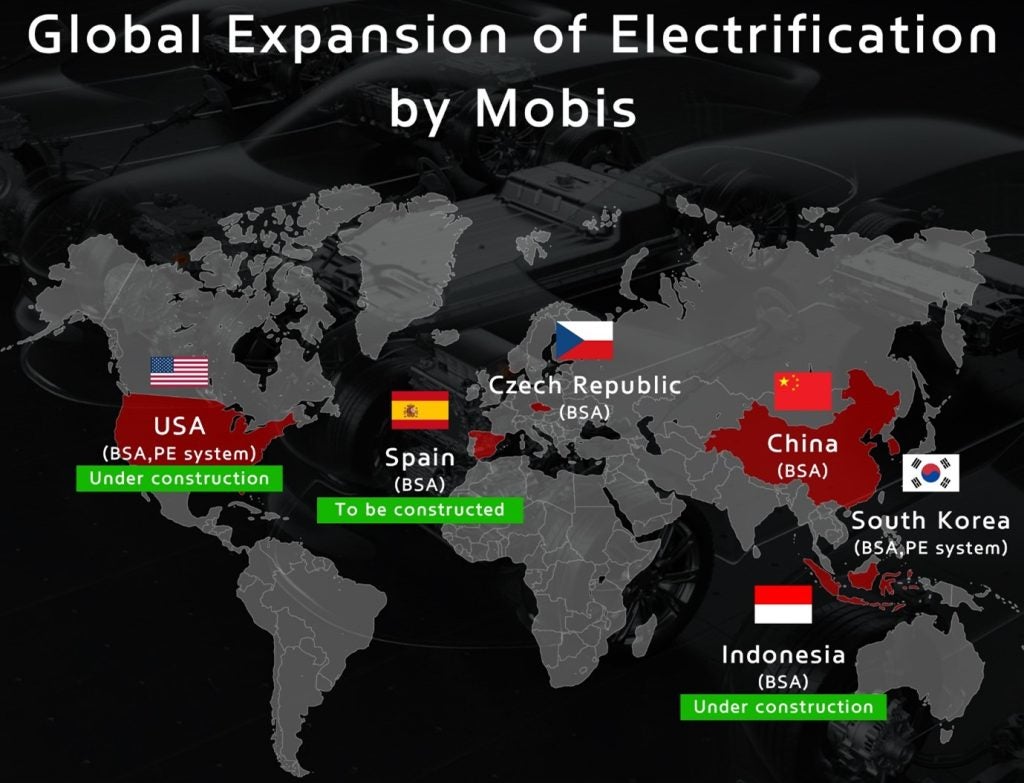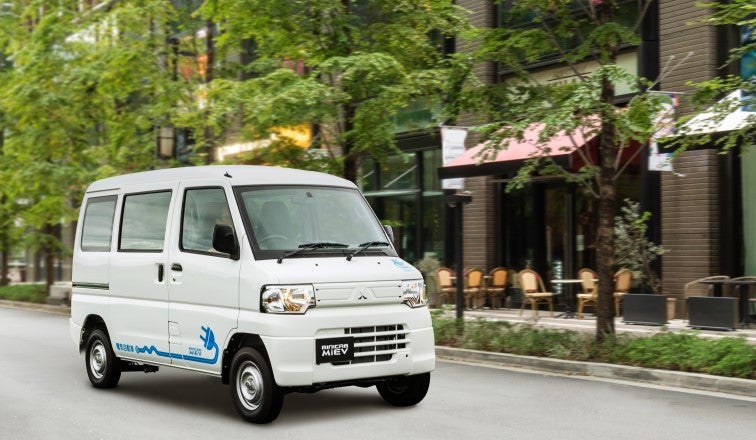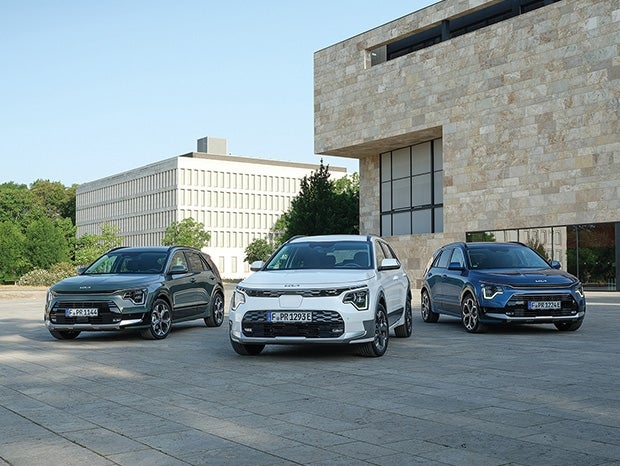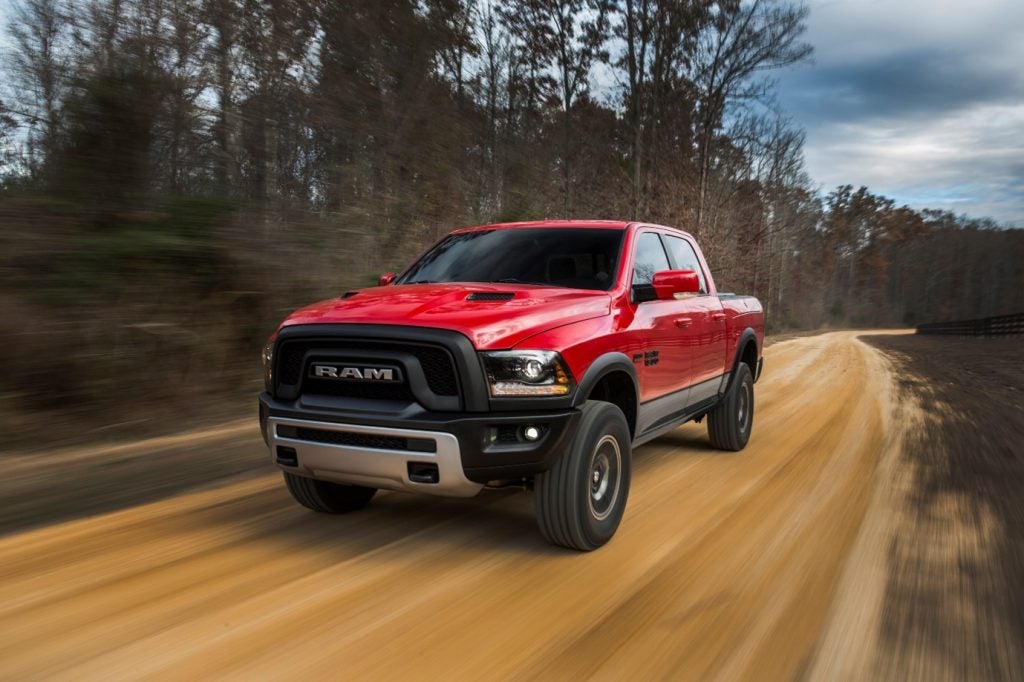Sales of imported light passenger vehicles in South Korea fell slightly to 21,138 units in July 2023 from 21,423 a year earlier, according to the Korea Automobile Importers & Distributors Association (KAIDA). The data did not include some non affiliated brands including Tesla.
The slowdown followed a strong surge in the previous month, ahead of the end of tax incentives at the end of June, while some importers also struggled with low inventories. Sales by domestic vehicle manufacturers also declined in July, by almost 6% to 115,358 units. Lexus, Porsche and Volvo were the mainstream performers last month while Audi, Mini and Ford were the biggest volume losers.
In the first seven months of the year, import sales were slightly lower at 151,827 units from 152,432 in the same period of 2022 with German brands accounting for 75%. BMW continued to lead this segment with YTD sales rising 2% to 44,037 units, while Mini sales plunged 22% to 5,228 units.
Mercedes-Benz sales were down 9% at 40,817 units YTD despite the recent launch of the EQB SUV and the EQE and EQS EVs. Volkswagen sales plunged 41% to 4,435 units while Audi sales increased 8% to 11,140 units and Porsche sales rose 36% at 7,179 units.
Lexus volume surged 120% to 8,038 units YTD while Toyota sales rose 39% to 4,600 units. The automaker began selling the RAV4 PHEV and the Crown hybrid earlier this year as part of plans to launch eight new Toyota and Lexus models in 2023.
Volvo seven month sales increased 23% to 9,872 units and plans to launch its EX9 electric SUV this year. The company also said it would invest US$85m to strengthen its sales and service network.


